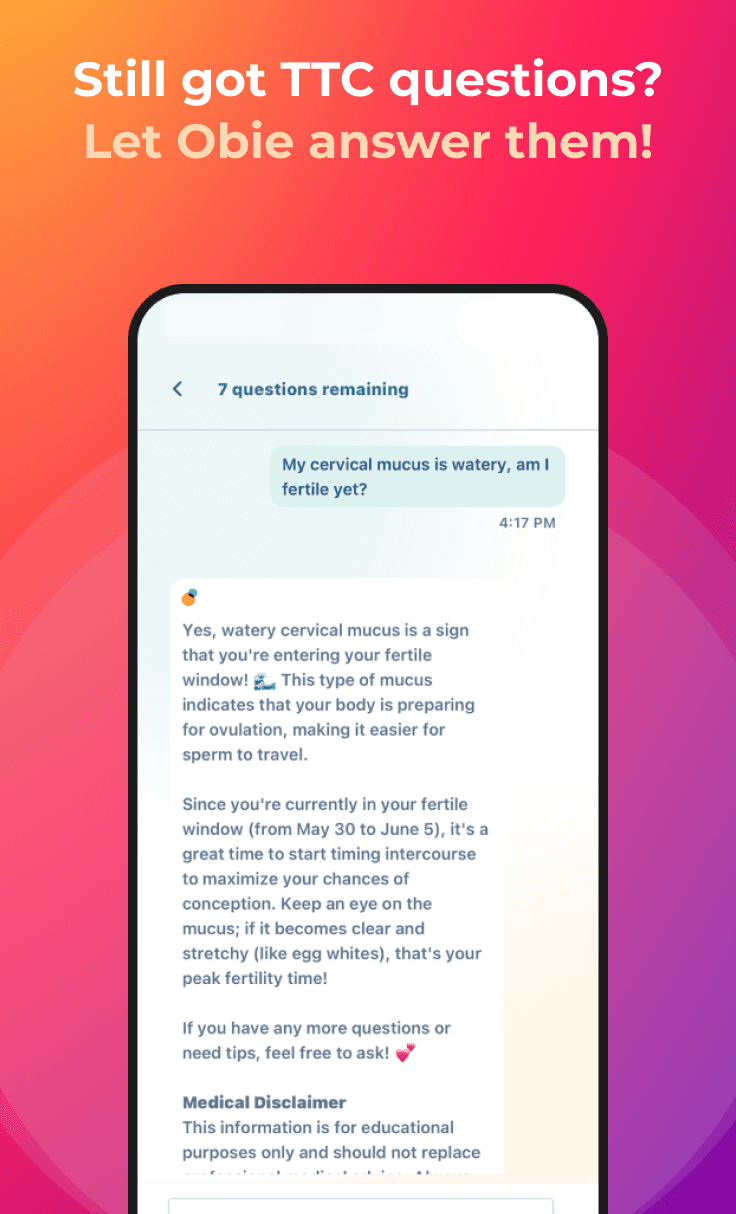Top 5 Questions About Pregnancy Tests
Prenatal Testing
Obie Editorial Team
Pregnancy tests are a diagnostic tool used in the home or a clinical setting to verify pregnancy. In years past, women would have to wait until after they missed their menstrual cycle to make an appointment with a gynecologist to diagnose pregnancy. Home pregnancy tests changed the face of fertility by allowing couples to use a pregnancy test at home without the aid of a doctor. While there are faulty pregnancy tests and improper tactics to take pregnancy tests that may alter the results, today’s home pregnancy tests are generally considered more than 90% accurate. Before jumping into a home pregnancy test or other form of pregnancy test, it is best to understand how they work and the best way to use them.
How do pregnancy tests detect pregnancy?
Home pregnancy tests require a small amount of urine to test for human chorionic gonadotropin (HCG). HCG is released by the embryo to keep the corpus luteum from dying off. The corpus luteum is left behind in the fallopian tube when the egg is expelled. For about 14 days, it produces progesterone (among other functions). If no HCG is released into the body, it dies off and the next fertility cycle begins. Home pregnancy tests are quite sensitive; able to detect trace amounts of HCG as early as five days before the normal menstrual cycle was supposed to begin.
Blood pregnancy tests are even more sensitive than home pregnancy tests. HCG is more detectable in the blood so a blood test for pregnancy can be administered just five days after intercourse. It is common for blood pregnancy tests to be part of fertility treatments like in-vitro fertilization or intrauterine insemination.
Blood pregnancy tests differ from urine pregnancy tests in another huge way. HCG levels can be measured quantitatively during a blood test. Quantitative means how much. Women pregnant with multiples will likely test higher levels of HCG in blood which could cause a red flag for the obstetrician. Typically, if HCG levels are higher than normal for a specific expected conception date an ultrasound will be performed to rule out multiple pregnancy (or verify multiple pregnancy).
Simple Questions About Pregnancy Tests Answered
- My test says I’m not pregnant, can I still be pregnant?
Yes, user error or a faulty home pregnancy test can return a false negative. - My test says I’m pregnant, could that be wrong?
Most of the time false positives are impossible. There are exceptions to that rule, however. If a woman is on fertility medications, for instance, the medications could cause a false positive. - My pregnancy test is out of date, can I still use it?
Pregnancy tests include chemicals that react with HCG in urine. Out of date pregnancy tests may not return accurate results if the chemical is degraded.
Test your home pregnancy test knowledge.
Home pregnancy tests allow couples to have a more personal connection with a fetus from the first days of pregnancy. It is a huge excitement to sit in the bathroom and wait for those three minutes to expire.








